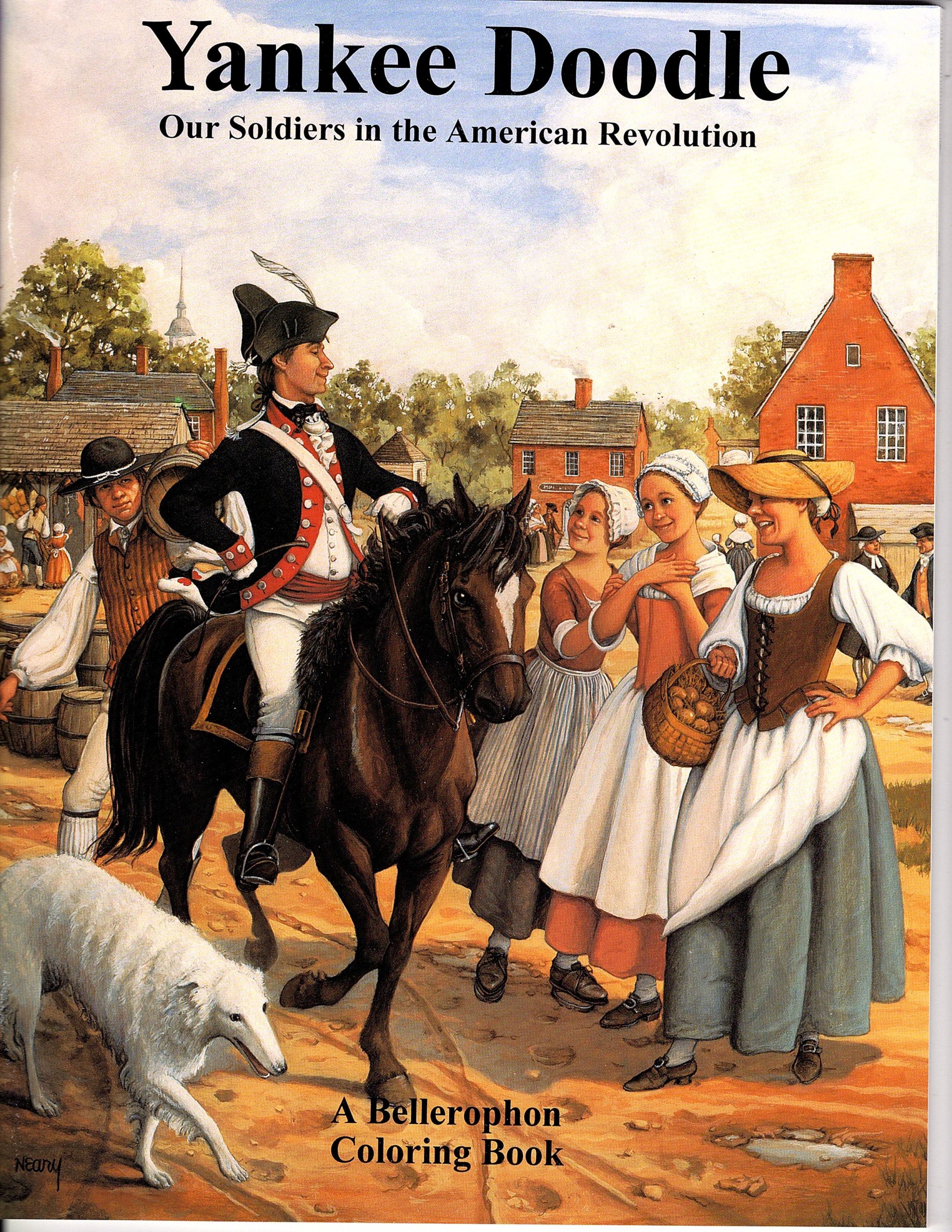
But the idea of the macaroni clown had positive attributes as well, as described by Joseph Addison in the Spectator: In Italy, a “maccherone” was a “clownish Man,” which may have influenced the more negative stereotypes of the late eighteenth century. The term macaroni had multiple meanings with which eighteenth-century Britons were familiar.


Among friends, “macaroni” could be a friendly jest, or prosocial teasing, as was the case when James Boswell called Samuel Johnson a macaroni for his horsemanship. In fact, it could be a compliment in certain contexts. Its etymology, however, demonstrates that while not necessarily a term of high praise, it was not always a word of condemnation. dilettante) that became hardened into terms of derision over the course of the eighteenth century. “Macaroni” was one of a cluster of anglicized Italian nouns (e.g. For example, in a letter in 1845, the actor and author Frances Kemble wrote, “Surely I shall always be able, go where I will, among frogs or maccaronis, to procure sucre noir, or inchiostro nero.” For British soldiers in the American colonies, Yankee Doodles who pretended to be cosmopolitan by mimicking continental fashions were not only macaroni, but they were provincial macaroni - so disconnected from European tastes that they imagined a feather in their cap was à la mode.īy the nineteenth century when nationalism and racism became central elements of national identity, the British were using variations of the term as an ethnic slur for Italians and Italian immigrants. Thus, as an identity that defied the dominant middle class ideals of a rational, moderate, and heterosexual British masculinity, by the 1770s, the term “macaroni” was one of derision. The satires on macaroni increased after the Seven Years War, part of a burgeoning middle class, nationalist discourse in Britain focused on language, customs, and religion. These individuals had adopted the tastes and attitudes of an elite, cosmopolitan society and in many ways, were no longer British. Many contemporaries imagined that the macaroni were not fully members of the British community. The term had a strong element of antiforeignism to it. Quite often, portrayals presented the macaroni as a feminized character who adopted the manners of the French and the Italians – and some suggested that the individual partook in sexual acts with other men. When “Yankee Doodle” became a popular tune in the late eighteenth century, to call someone a “macaroni” was to connect them to a satirical type - typically a male overly concerned with continental fashions and foreign art. Yankee Doodle went to town A-riding on a pony, Stuck a feather in his cap And called it macaroni.


 0 kommentar(er)
0 kommentar(er)
